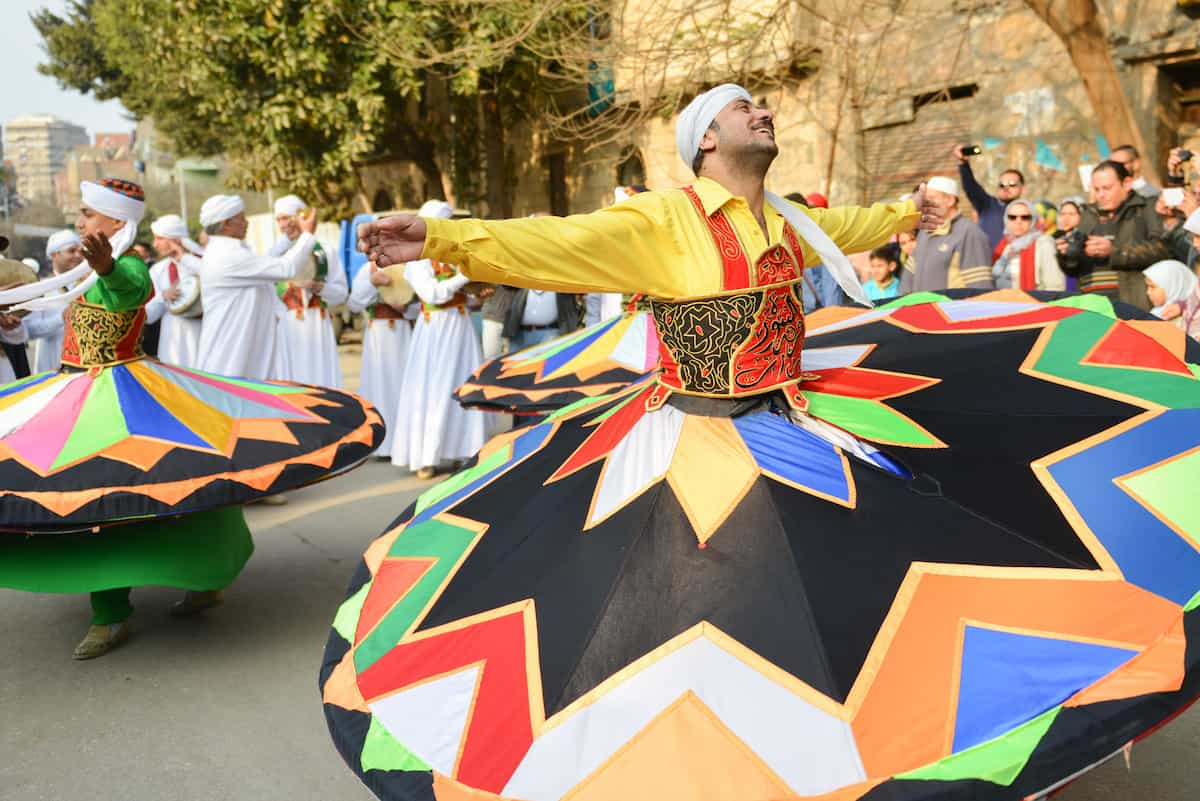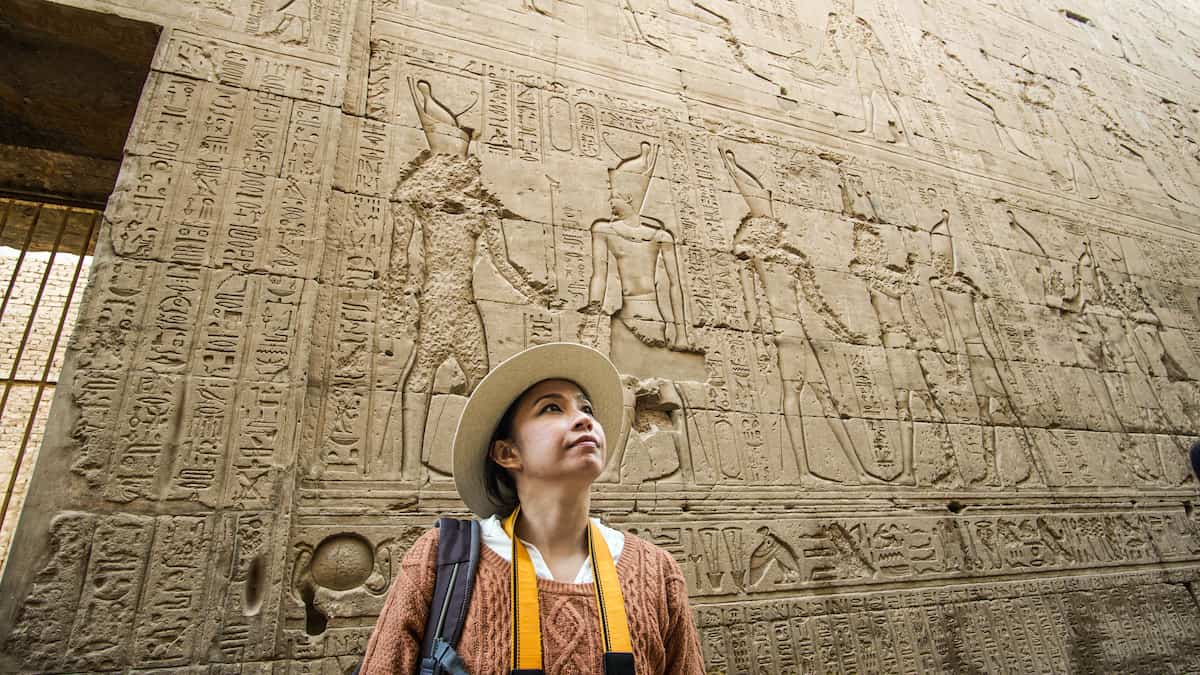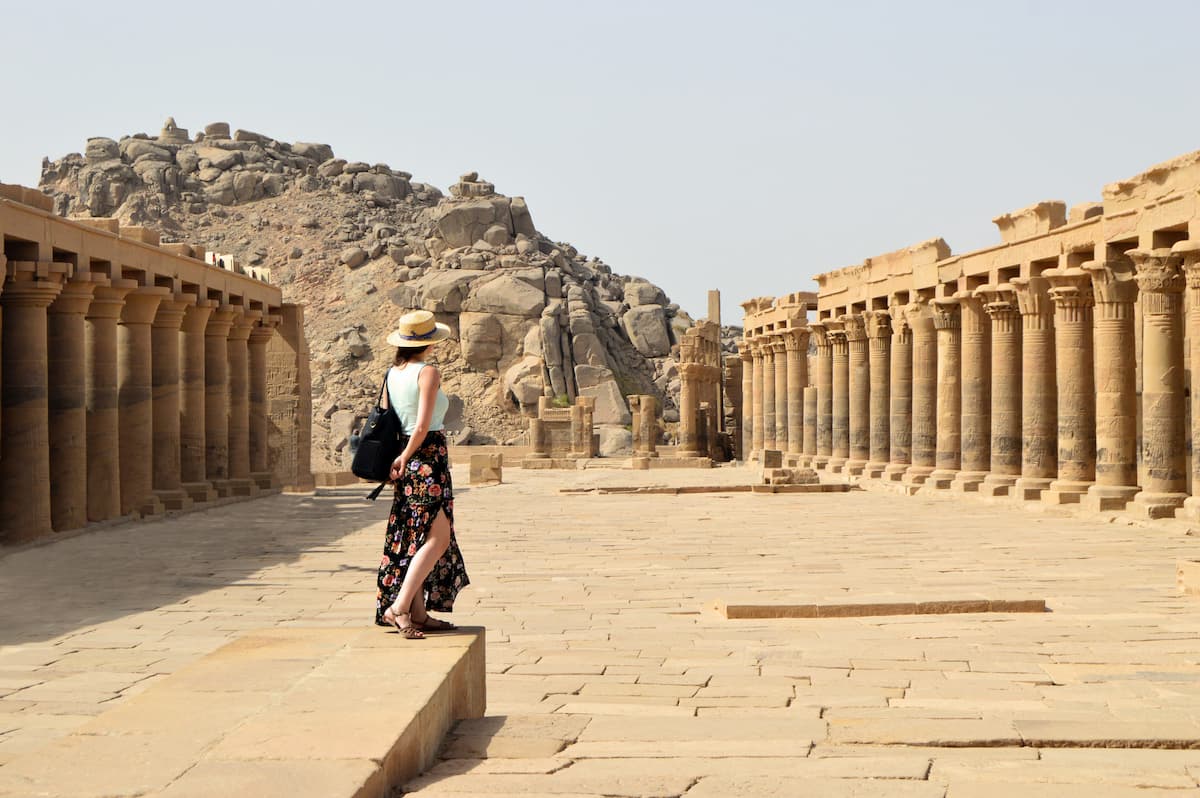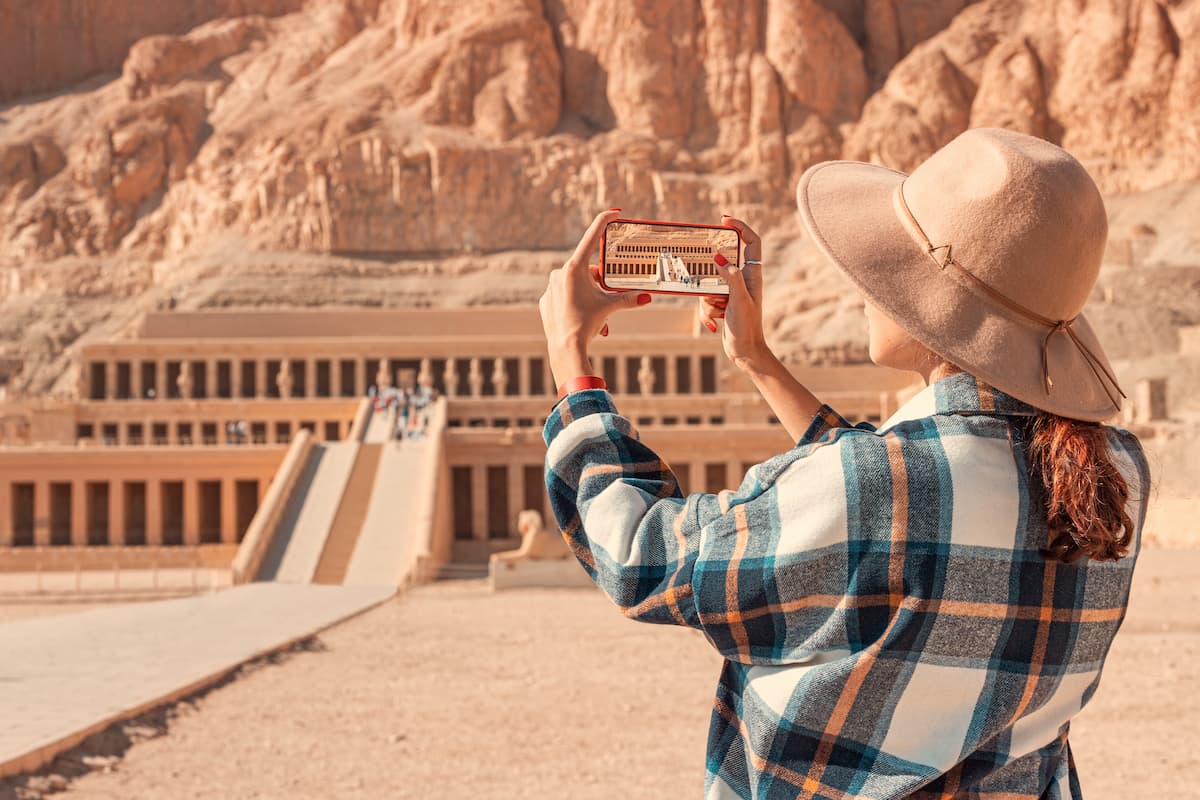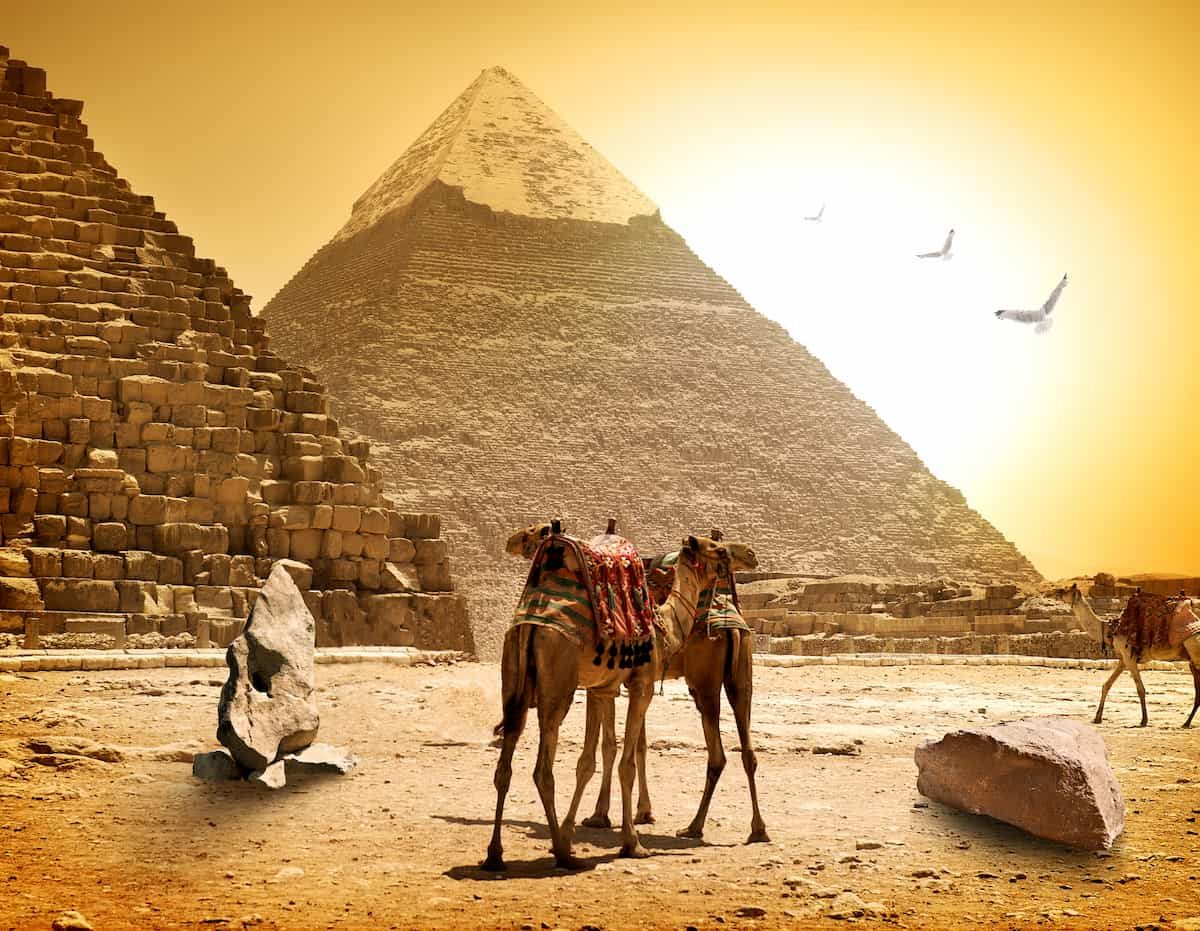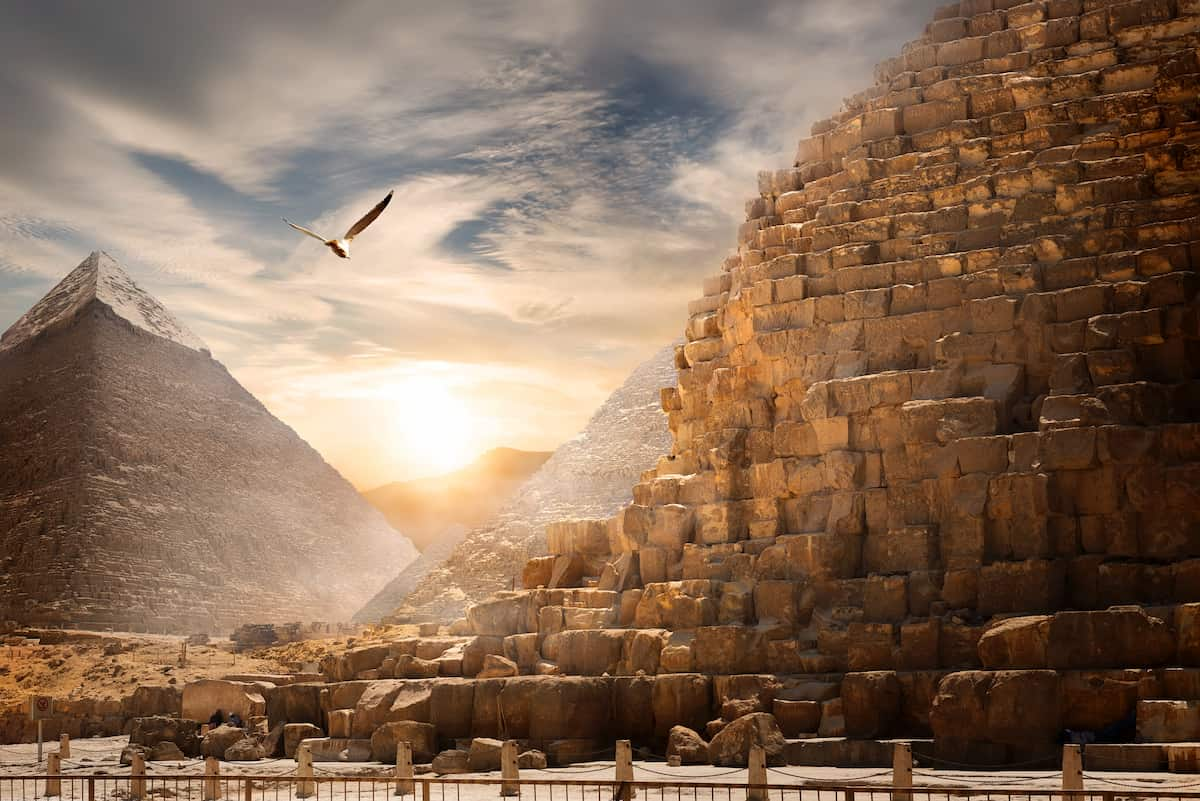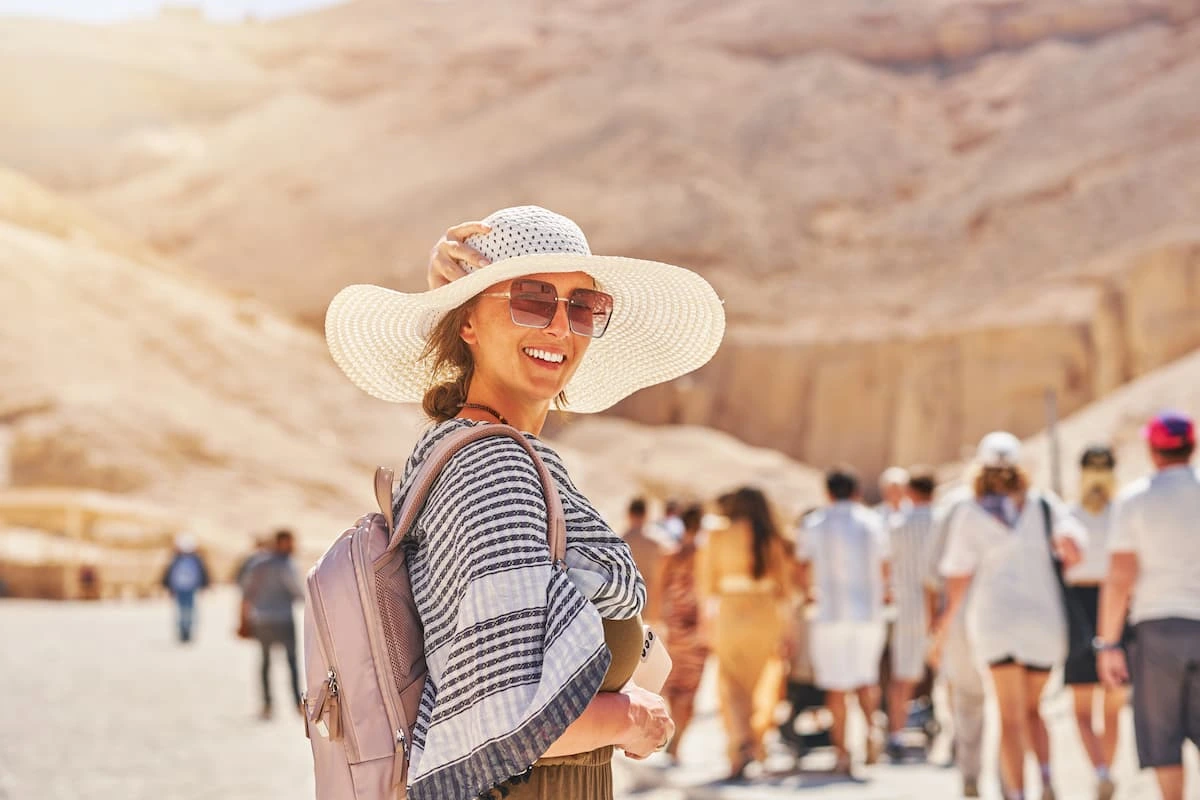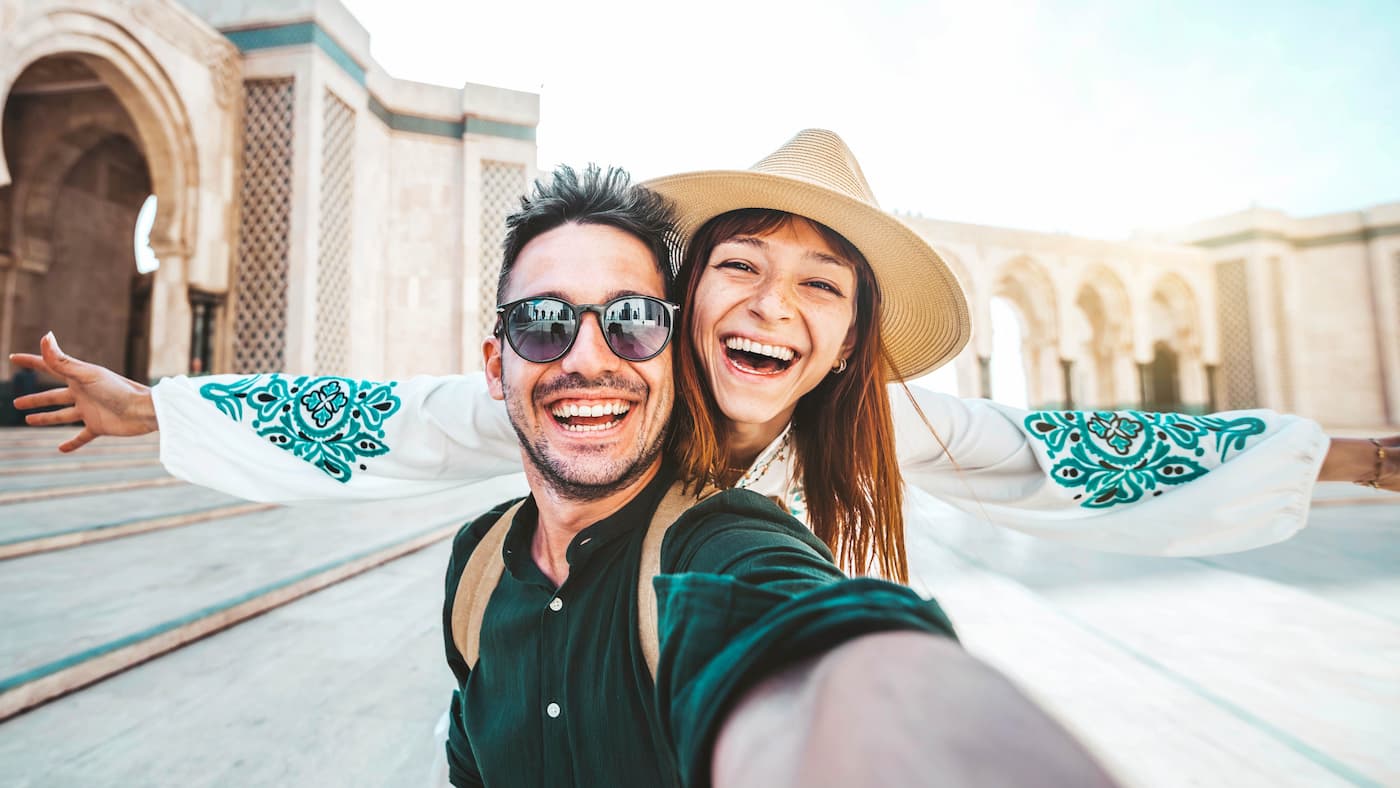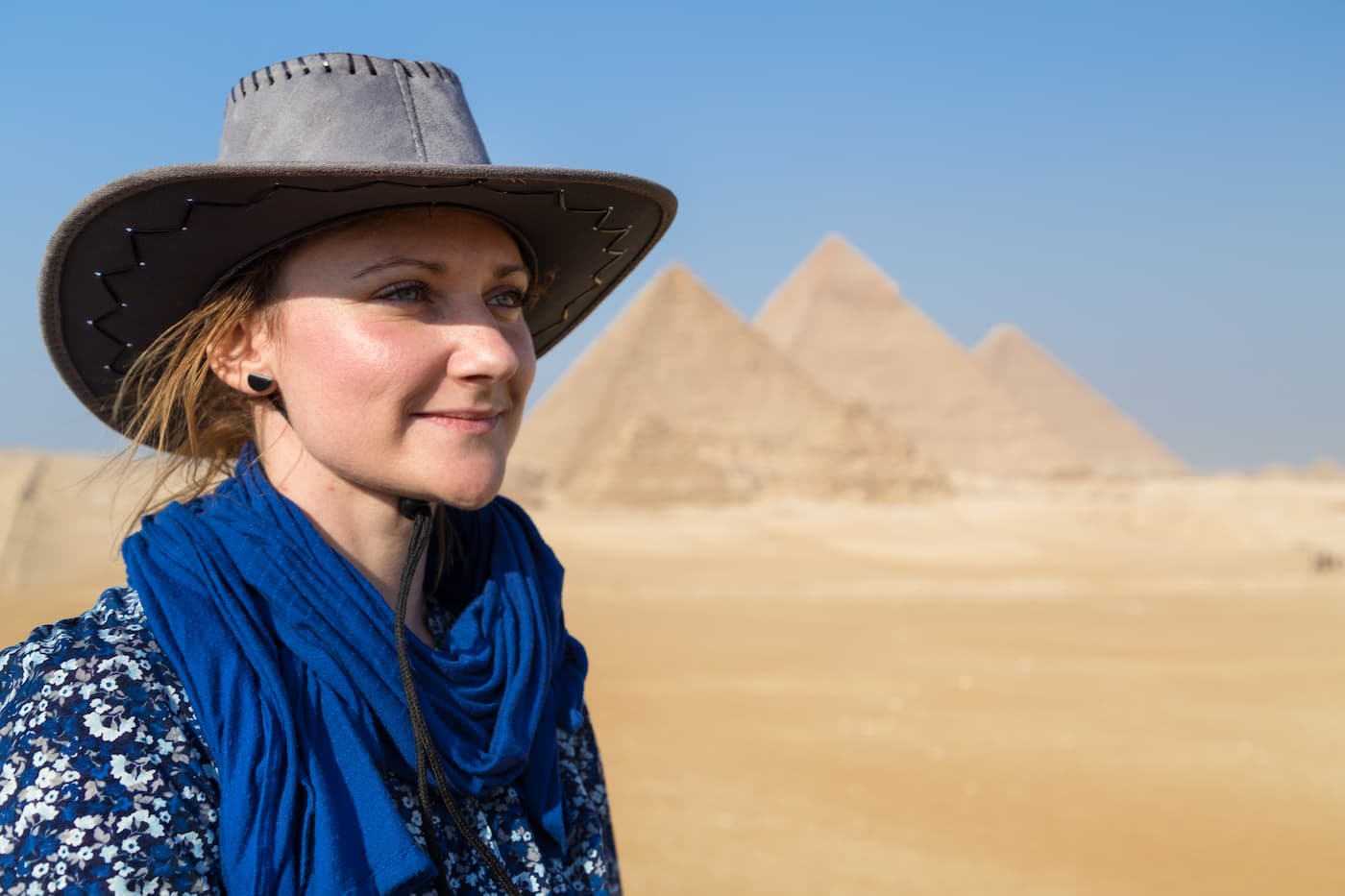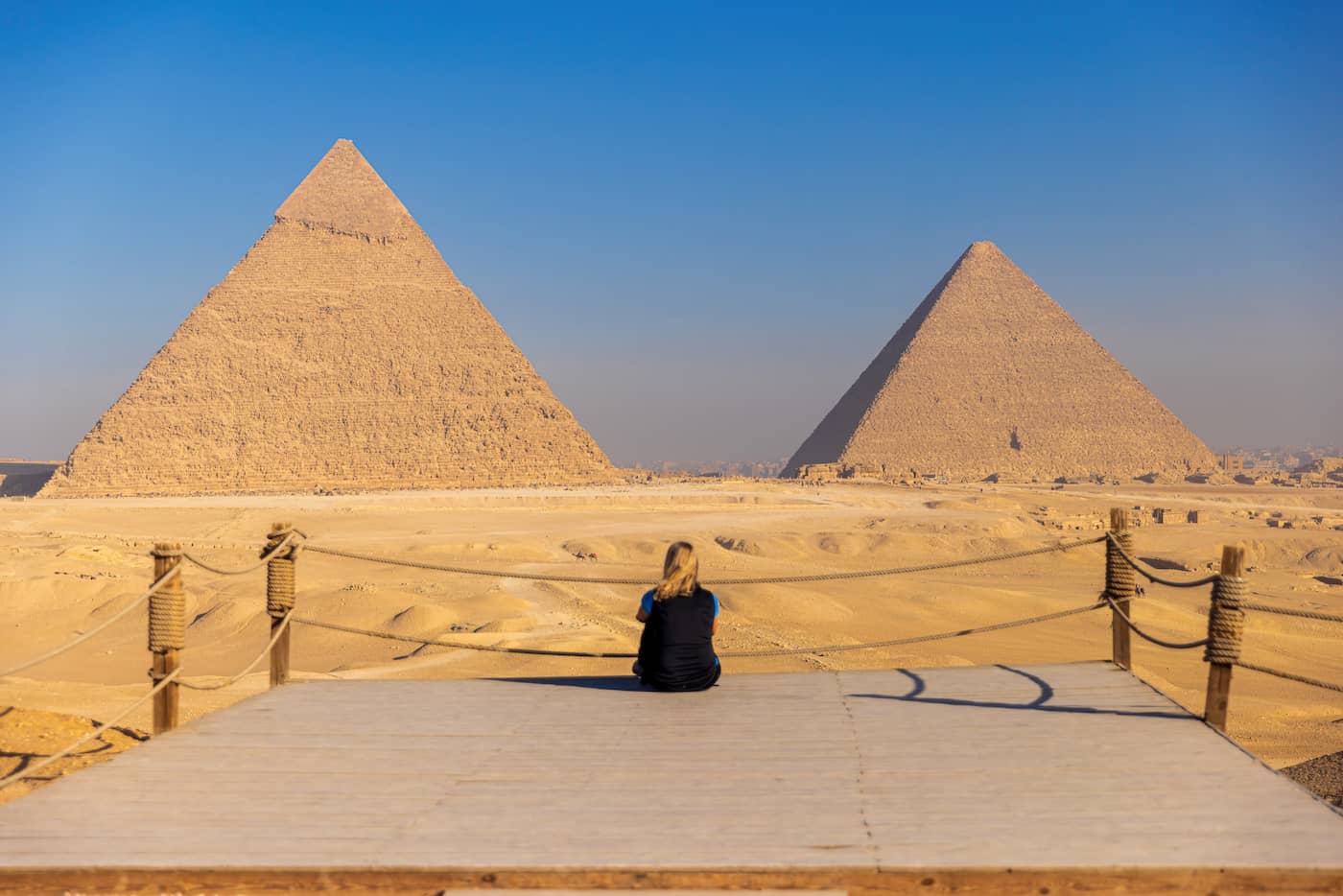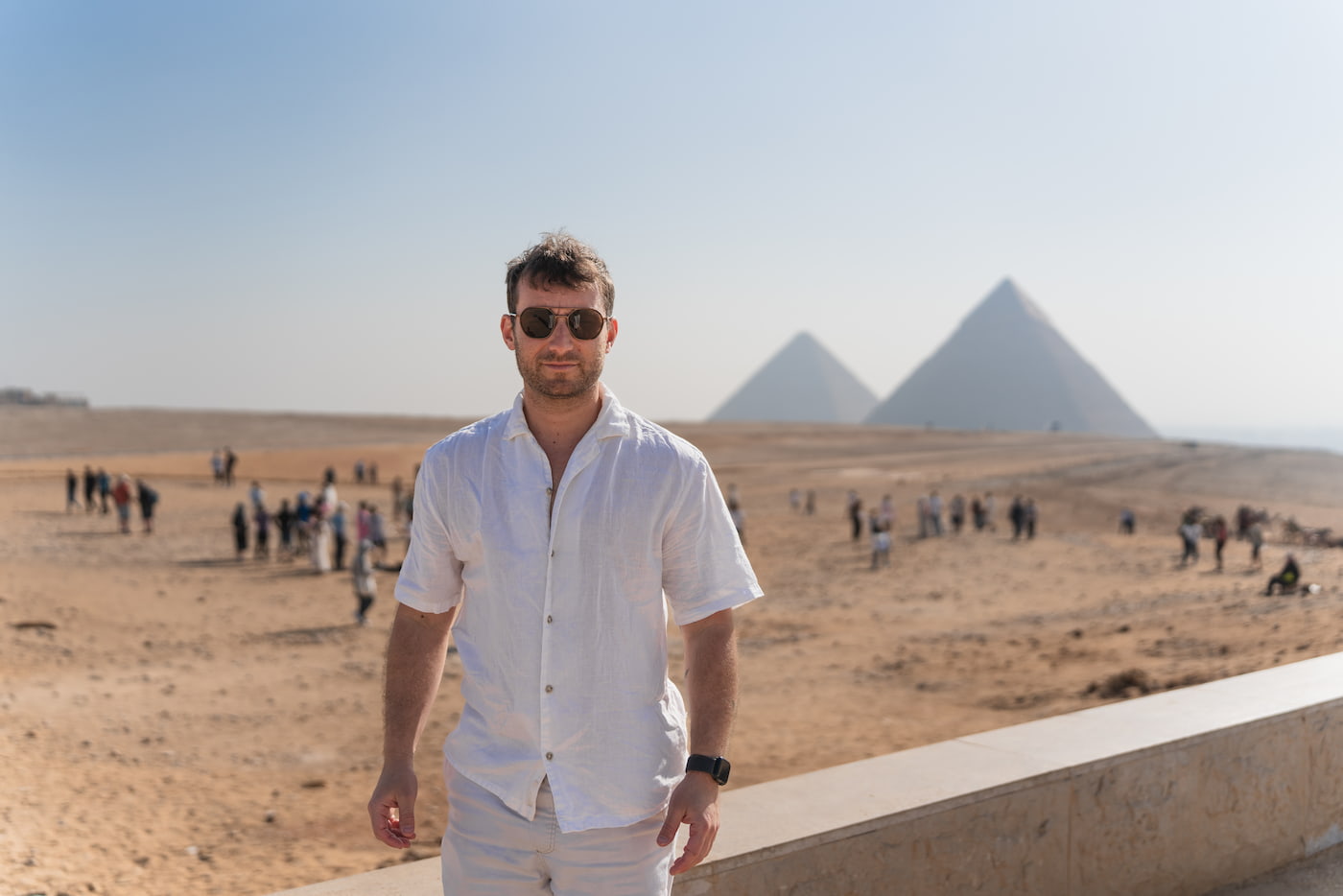Customs and Traditions of Egypt: Ancient Traditions Merging into Modern Life
Egypt is a land where time layers itself in the customs of Egypt and the culture of Egypt. For centuries, Egypt has been home to a collection of some of the world’s most enduring customs and traditions-from the grandeur of the pharaohs to the warmth of everyday life today. These Egyptian customs, whether ancient rituals or modern norms-reflect a deep respect for community, family, and faith.
A worldview filled with international customs gives travelers a good lens to appreciate local customs and traditions, patronizes cultural scholars, or remains in search of their respective ancestries. These ancient customs of Egypt extend to every aspect of life: how people greet one another, celebrating life events, mourning the dead, or preparing family meals for Fridays.
This blog seeks to take you through the ancient and the contemporary pharaonic burial rituals to the hospitality that shapes Egyptian customs and lives today. You will see how age-old beliefs inform present-day celebrations, the local bond remains color tight, and the essential tips used by tourists to respectfully interact with Egyptian society. Come with us as we pay tribute to the ever-flowing beauty of Egypt’s ancestral customs.
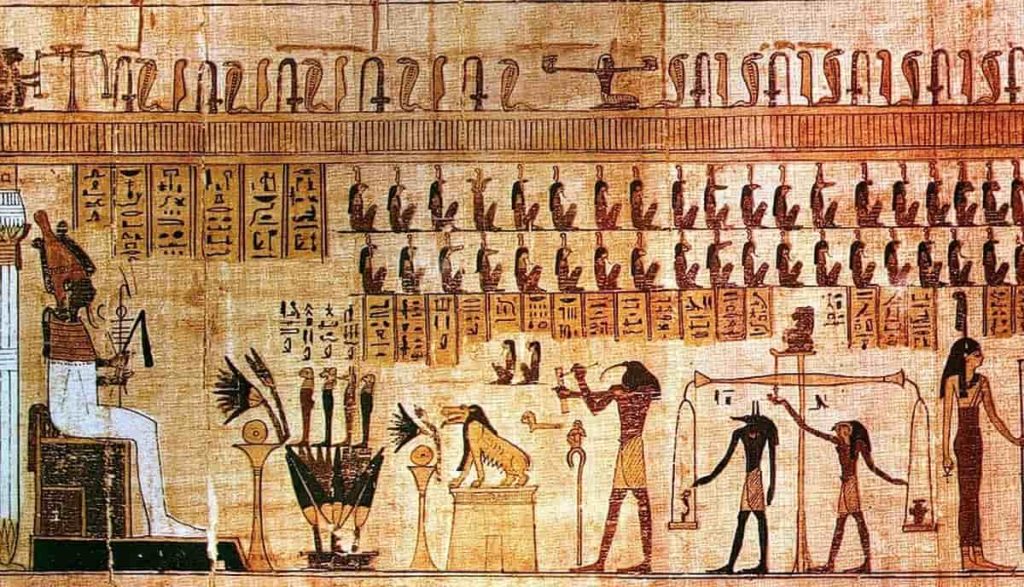
1. Egyptian Customs of Antiquity That Forged a Civilization
Mummification and the Afterlife
In the ancient era, death was never a final event but a transition to another phase. The elaborate rites accompanying death were based on the conviction in the afterlife. Mummification was regarded as a sacred process whereby the body was preserved carefully so that the soul might be able to acknowledge it in the afterlife. This process could last from 45 to 70 days. It involved the removal of internal organs, treatment of the dead with natron (a form of salt), and wrapping in linen.
The dead were buried with food, jewelry, amulets, and even furniture to shore up their journey. The walls of the tombs were painted with spells taken from the Book of the Dead, which was supposed to help the deceased in the afterlife. The tombs of the aristocrats were even prepared to showcase their grand status; whilst the lower the person, so went the simpler the type of burial. Having such customs explicates profound spirituality that life here on earth was a preparation for eternity.
The pursuit of life after death by the ancient Egyptians’ customs profoundly permeated their civilization. Priests were regarded highly in society; temples flourished, and craftsmen were employed to provide dignity for the departed. Such an emphasis on the dead became a cultural legacy that, today, can be seen in the pyramids, tombs of the Valley of the Kings, and innumerable funerary objects deposited in several museums.
Religious Festivals and Deities
The ancient Egyptians revered worship and religious culture, and as such, the worship rites were the core of activity and public life. Under these circumstances, truly, this society did have many gods and goddesses, each presiding over a different sphere of human or natural time. These societies had many gods and goddesses. Thu, everyone associated with these was usually a concert of such rites which were awashed in music and food.
One has to understand that every festival was attached to new folklore, the best known of them being the Opet festival, a celebration of God Amun in Thebes. Thereafter, at Karnak and Luxor temples, Amun, Mut, and Khonsu were paraded in large statues with an inspired and venerated gathering of dance and performance. Another representation of the New Year in the forgotten times was the Wepet Renpet, since this was the time at which agriculture and prosperity were ensured by the performance of ceremonies.
An array of activities entirely based around the concept of gratitude was available, and people had the opportunity to interact with others, in respect to Egypt’s local beliefs. The clergy, being the central figure, would oversee these activities during the magnificent ceremonies. All people, irrespective of their class within society, would participate in the processions and banquets. Ra-the sun god, the goddess of magic and motherhood, and Osiris, king of the underworld, were present in every aspect of daily life. Consequently, adherence to various norms and systems that existed in the form of religion in Egypt could also be noticed in laws and government authorities, as well as in the architectural structures, up to the cultural practices of the civilization.
Social Order and Family Values
Ancient Egyptian customs society was accorded a hierarchical structure built on good expectations: duty, respect, and family. At the height of it all was the pharaoh, chosen by the gods and considered to be a divine ruler. Below the pharaoh were viziers, nobles, priests, scribes, artisans, farmers, and laborers. Every role was respected and awarded dignity and contributed towards the smooth functioning and existence of society.
The family was the pivot of ancient Egyptian life. Marriage was a social contract, besides being a private one. Usually, the extended family lived in one household. Children were prized, and parents took pride in imparting the knowledge of various crafts and moral conduct to them. Women enjoyed relatively great status compared to other ancient societies; they owned property and could initiate divorce. Women could also serve as priestesses-well, if a woman declared herself a ruler, she would be judged by historians, i.e., Hatshepsut.
Respect for elders and ancestors was necessary. Almost all tombs contained inscriptions that would honor the deceased while requesting prayers or offerings. The concept of Ma’at-balance, truth, and justice ensured validity in relationships between individuals and the wider society. These values were empowering to develop cohesion and order, making the occurrence of ancient Egypt one of the most stable civilizations historically.
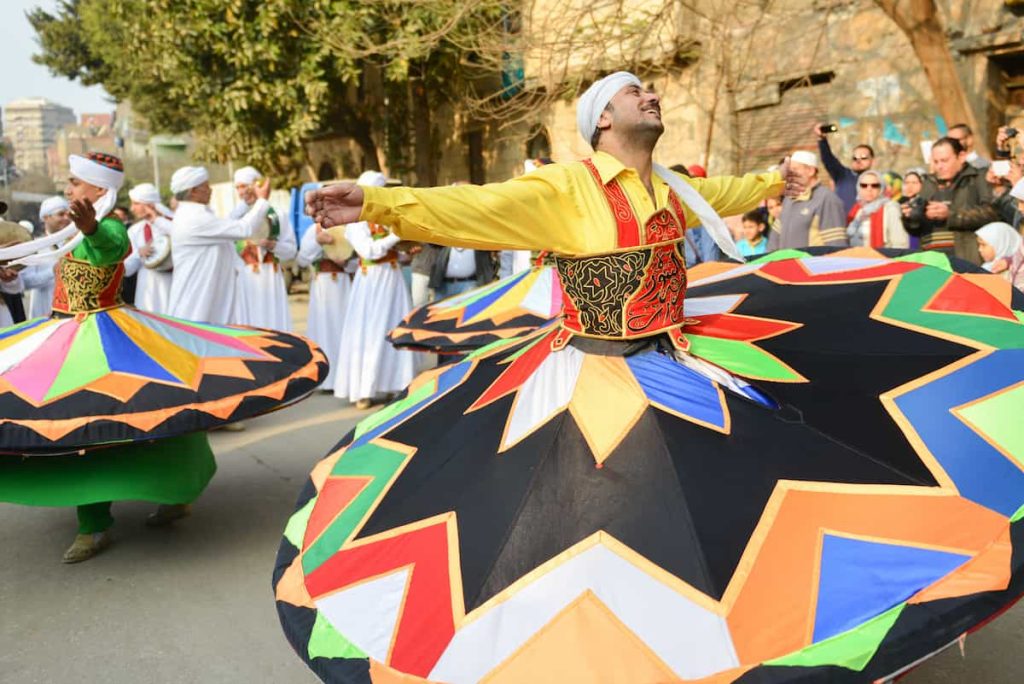
3. Present Traditions and Customs in Egyptian Life
Religious Holidays and Celebrations
In modern customs of Egypt, it is a blend of both Islamic and Christian traditions. From day to day social life, these special days of religious significance have had space. These occasions are regular pilgrimages in the Iman tradition with much community celebration, family, and festivity.
Ramadan is considered the most sacred event to fast and pray extra for charity during this month from dawn to sunset. At sunset, families share iftar to break fast, consisting of traditional food such as dates, soup, and meat dishes. The streets become spectacular with glimmering lanterns and lights, mingling with merry-making, good-feeling spirits.
Eid al-Fitr marks the joyous end of the fast, wherein families are visited, new clothes are worn, gifts are bestowed, and candies are handed around generously. In celebration of Abraham’s sacrifice, the Feast of Sacrifice consists of the ritualistic slaughter of sheep or cows shared with the needy.
For the Coptic Christians, holidays like Christmas (January 7) and Easter involve midnight mass and family dinners. Sham El-Nessim, an ancient spring festival incorporated into the Christian calendar, is celebrated by all Egyptians going on excursions and sporting traditional foods of salted fish, onions, and lettuce. In this way, holidays foster unity and revive the link of age-old traditions with modern identity.
Weddings and Family Gatherings
Weddings are bright and vivid occasions meant to celebrate the coming together of two souls in Egyptian society. Moreover, weddings remain among the most expressive customs of Egypt, with much emphasis on divergent religious customs, interspersed with their traditional music and dances, and community celebrations. Most of the ceremonies begin formally with the engagement proceedings and the signing of the legally binding katb el-kitab. Usually, the wedding celebration entails a zaffah, a procession characterized by drumming, dancing, and merriment as they escort the bride and groom to the venue.
Traditional weddings marry Islamic or Christian rites with regional customs. In Upper Egypt, there are horse parades and gun salutes, while urban weddings may include dinner-dance at a plush hotel. Henna parties for the bride and galabeya nights for the guys are also a chance for more celebration.
Family gatherings are life in Egypt, especially on Fridays. Called Yom El Goma’a, Fridays have religious and social significance. Afternoon prayers, extended families usually gather for a big home-cooked meal, including rice, molokhia, mahshi, or grilled meats. These gatherings reinforce intergenerational bonds and keep the tradition in each home alive.
Hospitality: Culture of Giving
Hospitality is one of the most revered Egyptian customs. Whether you are a friend, a neighbor, or a stranger, you are often invited in to share a cup of tea or a meal. Egyptians pride themselves in making a guest feel at home, and the giving of anything to eat or drink is considered a gesture of goodwill.
There is a culture of insisting that a guest accept refreshments offered to them, regardless of their initial refusal. Usually, tea with mint, Turkish-style coffee, or fresh juice is served, and guests are encouraged to stay well past the hour of drinking tea or having coffee to engage in friendly conversations. Hospitality expands in rural areas where it is not unusual that your hosts will insist you take away the best food they have, and in extreme cases, they will offer you a bed to sleep on.
This spirit of generosity stems from the teachings of Islam as well as these ancient values. Within this context, hosting a visitor is perceived as an obligation that is simultaneously moral and religious. To stand on ceremony to decline an offer will be interpreted as an insult. Guests should accept hospitality with gratitude and be prepared to reciprocate with praise if they cannot offer a gift with which they have been provided.
Hospitality is beyond a societal custom; it is a particular reflection of Egyptians who cherish the meaning of relationships and the human touch, regardless of caste or socioeconomic levels.
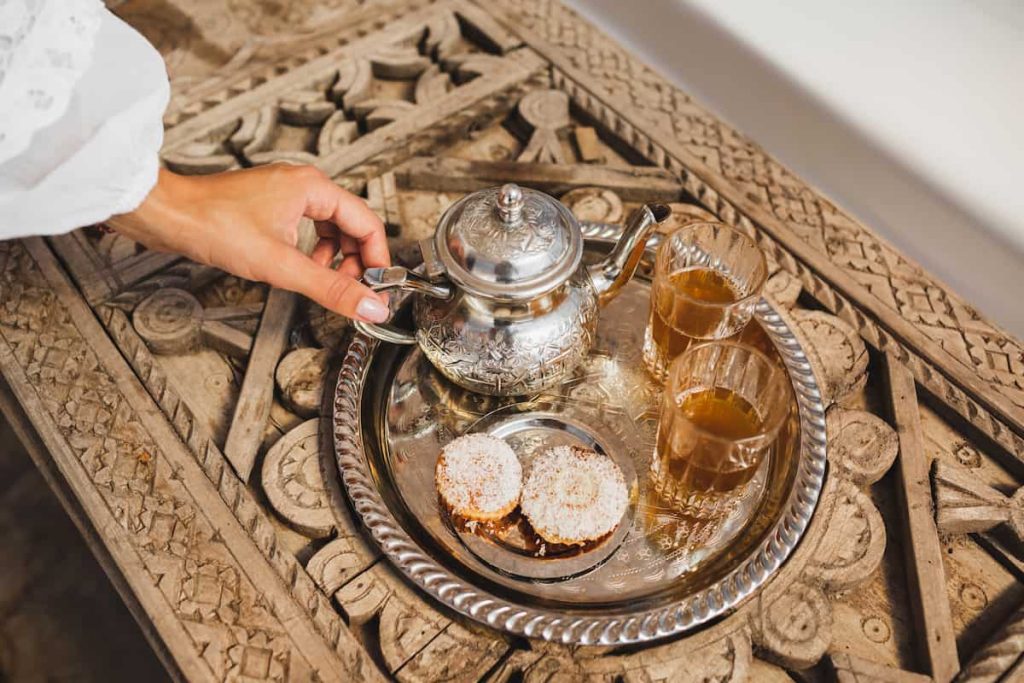
4. Everyday Customs and Social Etiquette in Egypt:
Greetings and Respect in Egyptian Society
Egyptian salutations are one of many traditions in Egypt. These traditions are affectionate and profound and often denote the concept of honor or unity. Generally, after people meet one another, they both extend a hand towards one another, accompanied by one person saying ‘Salam Alaikum’ (Peace be with you). and another replying with ‘Wa Alaikum Salam’ (Unto you too peace). Kissing both cheeks may be done with cousins or good friends, while others may prefer to do this gesture, like placing a hand on top of their chest after handshaking.
Respect for the elderly constitutes a very deep-rooted concept within society. The young would generally rise when elders enter a room; they even tend to give them the floor first. Title terms like “Hajji,” “Sheikh,” or “Ustaz” in formal situations imply utmost respect. Polite forms of address constitute the way Egyptians speak to people older or of a higher status than themselves.
Casual conversations form an important aspect of the greeting ritual in both professional and social fields. Inquiring about one’s family, health, and general well-being is the standard show of sympathy and affection. Visitors are encouraged to do so as well to foster acceptance and bonding. In Egyptian society, warm respect is the key to further friendship.
Dress Codes and Modesty Norms
Egyptian clothes convey images of full modesty and respect for their position. In downtown Cairo and other tourist areas, there is certainly a more relaxed approach to clothing, while elsewhere, modest dressing, particularly for local men, is expected.
Modesty for women is clothing with coverage from arms and legs to the chest, especially in buildings like mosques and traditional neighborhoods. For foreign women, it is not a compulsion to wear a headscarf, but it is seen as a good gesture if they do so in a conservative environment. Men should be dressed in long trousers and shirts with sleeves while in public. Bare arms and shorts are usually considered inappropriate on public streets and other places in town except for beach roads.
During religious festivities and visits to holy cities, it becomes very obligatory to go in modest attire. Both males and females should observe this; tight-fitting and hot outfits need to be avoided by men, especially with women who will sometimes be required to wear a scarf before entering any mosque. This observance, in consideration of local, facilitates better interaction.
Modest dressing enforces respect, whereas a lack of it is disrespectful to any Egyptian.
Gender Roles and Public Behavior
Egyptian gender relations epitomize a classical mix of tradition, religion, and newer social changes. Despite great strides in women’s education and employment in big cities, Cairo and other metropolitan cities, however, some conservative ideas still dictate the way men and women in the public arena interact.
In traditional cafés, the bus, or any sort of religious association, you will see that spaces are often segregated by gender. Public displays of affection, such as kissing and hugging, are deemed improper, including for married couples, where even exhibits of intimacy are frowned upon. Interactions between unrelated men and women are pretty commonly kept formal and courteous.
Despite this, women are becoming all the more visible in Egyptian life, such as in business, politics, and the arts; yet, visitors ought to be mindful of local norms and behave concerning these norms. Eye contact, perceived personal space, and body language would be useful areas of consideration that might help avoid any cultural drifts.
Acquisition of knowledge over such customs improves the ability of visitors to master social interactions and render an appreciation of Egyptian cultural values.
Eating is a crucial societal aspect for Egyptians with renewed energy. Food not only offers nourishment, but it is also a catalyst for social interaction and esprit de corps. Plates and bowls are designed for shared meals—not just family, but guests as well. Dining as a family becomes an essential part of the intention and structures of many cuisines.
Typically, the Egyptian meal includes rice, aysh baladi, vegetables, as well as a meat or poultry main dish. Among the famous dishes are koshari, a combination of rice, lentils, and pasta, coarse in texture. Yet others include molokhia, dried green leaf stew; ful medames, stew or salad made with fava beans; taameya, spiced onion fritters or Egyptian falafel. Utensils are predominantly bought or eaten with the right hand, but bread serves as a means of implementing manners at times in different communities.
Nevertheless, it is the Friday midday meal that is significant, particularly in the households of Muslims. As a tradition, as soon as the congregational prayer of Jum`ah is over, the entire family gathers around the table for a much wassail-centered lunch. That afternoon swim and turkey dinner includes grandparents, children, parents, or laughing, drinking tea, and telling stories, illustrative of a tradition, the guests always sit down at the table too.
Offering food is an expression of love and respect. Saying no to a plate of food several times will probably label you as rude, so go ahead and at least accept some of it. Egyptians really take pride in their culinary skills, and a shared meal itself is very much regarded as one step beyond the act of generosity. To Egyptians, food customs symbolically represent togetherness, traditionalism, and pure jubilation.
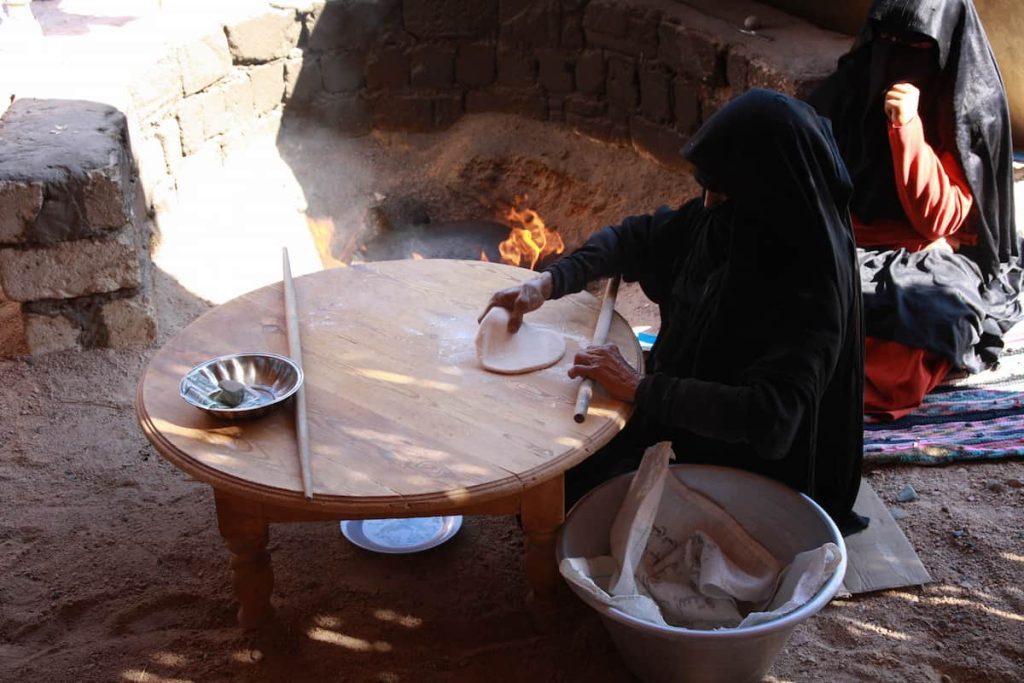
5. What Tourists Should Know About Egyptian Customs
Walking Through an Egyptian Home
Getting an invitation into an Egyptian home is an honor and a seal of friendship. When allowed to do so, an accepted gesture is to bring to the hostess a little gift, some sweets, pastries, or flowers. Upon entering, it is very common to be asked to remove your shoes at the door, and you should certainly follow your host’s hint.
You cannot go wrong with a few compliments about the home or the hospitality. Usually, tea or coffee is offered to guests almost immediately after entering. It is considered acceptable to drink only a bit of it and be thankful, though you are not obliged to finish it. Egyptians may insist several times just for the sake of old-fashioned hospitality.
Customarily, you must observe certain rituals when dining with people. For example, it is forbidden to reject food after being offered two more times. It is impolite to criticize a person cooking a certain dish or to praise one, as it would mean that the food itself and probably even the cook were disregarded. Another custom that is highly appreciated in Egypt is inquiring about a person’s family as well as the person, since these issues are important in any conversation in this country.
Being tardy could be interpreted as commonplace in certain settings, like informal occasions, but giving notification or trying to establish a meeting is a perfectly fine thing to do. Upon bowing out, thank the hosts for their hospitality and ur will be. It is such aspects as these that inform a successful and long-lasting union brought about by the Egyptian culture.
Public Etiquette: What to Do and What Not to Do
It would be beneficial to any person traveling to Egypt to know the public protocols that are exercised there, as part of them will help one create an impression and prevent him or her from annoying the natives with culturally forbidden behaviors. Few, if any, overall guidelines tend to change one’s behaviors, so it is not uncommon to use the following general do’s and don’ts.
Do:
Make warm and respectful greetings.
Dress modestly in public and on religious grounds.
Use your right hand for eating, giving, and receiving things.
Seek permission before taking photographs of people or private areas.
Don’t:
Engage in and promote displays of affection by the public.
Openly criticize religion or politics.
Point to a person or sacred object with the soles of your feet.
Enter a mosque with shoes on.
During Ramadan, customs of Egypt try to keep those who are fasting in mind; they refrain from eating or drinking in public areas. Friday will hold a little significance in Islamic tradition; a lot of shops will be closed in the afternoons. Keeping polite, patient, and in tune with local rhythms will guarantee good memories to offer.
Expression of Cultural Respect
Expressing respect, one of the customs of Egypt for culture, is a definite recipe for a meaningful and joyful stay in Egypt. One of the simplest ways would be to pan out a couple of Arabic phrases such as “Shukran” (Thank you), “Min Fadlak” (Please), and “Afwan” (You’re welcome).
More than as interconnected as they are respect for religion. A person is required to abide by the local customs when going to the mosques; for instance, take off his/her shoes before entering the mosque and not to enter while there is prayer if they are a non-muslim. Such etiquette demands silence and no unnecessary behavior or actions like clicking photographs.
Most of the service providers in Egypt fully expect to get a tip, which is called “Baksheesh,” and, in many cases, tips will be given at hotels, taxis, guided tour buses, and others. One has to note that Baksheesh is never a must-tip, but rather a way of being polite and saying ‘thank you’ to someone for something.
Everyone has come to the cultural exchange, still so immensely beneficial for the guest’s management and effective social conduct, far from the past repertoire of bedtime stories. In general, the Egyptians are quite hospitable and friendly, but if you show them respect and decency, you’ll notice another attitude towards their tradition.
6. Conclusion: The Living Legacy of Egyptian Traditions
Egyptian customs are not just habits for Egyptians, but living expressions of a civilization that spans thousands of years. The spirit of tradition nurtures identity and daily life-ranging from rituals sacred to the pharaohs’ end and ensconced in the generous spirit of contemporary Egyptian Hospitality.
You are on a journey that combines archaeology and culture, whether you are in the presence of a marriage ceremony, participating in homemade food, or just saying hello to a stranger. These are not lost traditions whose sole existence is those of exhibits in a historical catalog and written accounts, but they are deeply embedded in everyday Egyptian customs, households, neighborhoods, and even those of those who live within.
Coping and following such ways from due loss, like a person who traveled to Egypt on holiday to one who will never forget where they have been, are two different species of the same animal. Egypt, in other words, does not ask ‘do you want to see or exercise the soul through its living ancient customs of Egypt customs and timeless traditions.’ It asks ‘Do you want to see it or do you wish to integrate into it’.

